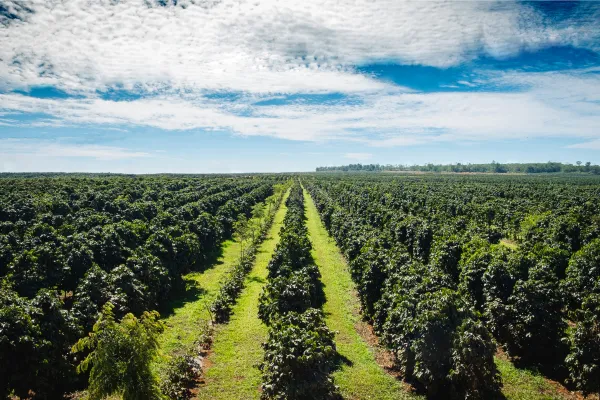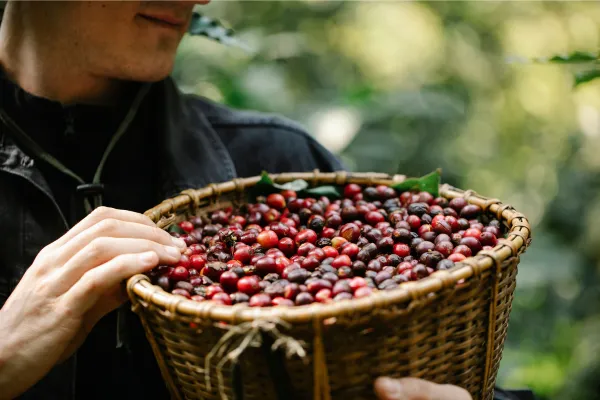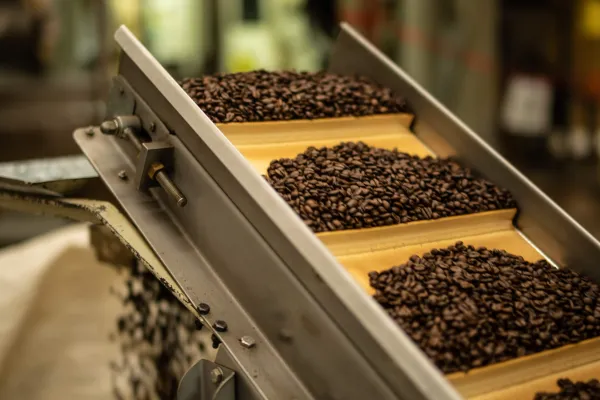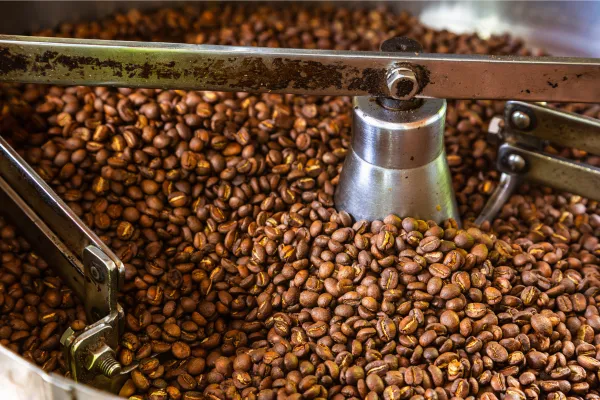Okay, so picture this: you’re sitting in your favorite café, sipping on a steaming cup of joe. Ever wondered why some coffee tastes so darn good? Well, that’s what we’re here to find out! Join me as we explore the wonderful world of coffee and uncover the countries that know how to brew up perfection.

Table of Contents

Top 10 Countries Renowned For Their Exceptional Coffee
- Ethiopia
- Colombia
- Brazil
- Guatemala
- Costa Rica
- Kenya
- Panama
- Honduras
- Indonesia
- Jamaica
These countries are celebrated for their unique coffee varieties, rich flavors, and longstanding traditions in coffee cultivation and production. Whether you’re craving the fruity notes of Ethiopian beans or the chocolatey richness of Colombian roasts, each of these countries offers a distinct coffee experience worth exploring.

Coffee Capitals Around the World
First things first, let’s talk about coffee capitals. These are the cities where coffee culture is alive and kicking! Think funky cafes, hipster hangouts, and the smell of freshly roasted beans wafting through the air. From Seattle to Melbourne to Rome, each city has its own vibe and flavor when it comes to coffee.
Origin of Coffee
Now, let’s go back in time a bit. Did you know that coffee has been around for centuries? Yup, it all started in Ethiopia, where legend has it that a goat herder named Kaldi discovered the magic of coffee beans when his goats started dancing around after eating them. Talk about a wild discovery!

Factors Influencing Coffee Quality
Okay, so what makes coffee taste so good? Well, it’s all about the beans, baby! Factors like altitude, climate, and soil quality play a huge role in determining the flavor of coffee. For example, beans grown at higher altitudes tend to have a more complex flavor profile, while those grown in volcanic soil can have a rich, earthy taste.
Top Coffee-Producing Countries
Now, let’s talk numbers. When it comes to producing coffee, some countries are total champs. Brazil, Vietnam, and Colombia are among the top producers in the world. But quantity isn’t everything! Countries like Ethiopia, Guatemala, and Costa Rica are known for their high-quality beans that pack a serious flavor punch.
Regional Varieties
Okay, so here’s where things get really interesting. Did you know that coffee flavors can vary depending on where the beans are grown? It’s true! From the fruity notes of African beans to the chocolatey richness of Central American roasts, there’s a whole world of flavors waiting to be explored.

Coffee Culture and Traditions
Now, let’s talk rituals. Coffee isn’t just a drink—it’s an experience! In Italy, people start their day with a shot of espresso, while in Ethiopia, coffee ceremonies are a big deal. And let’s not forget about the cozy cafes of Paris or the bustling markets of Istanbul. Each country has its own unique coffee culture that’s worth exploring.
Sustainability in Coffee Production
Okay, time to get serious for a minute. As much as we love coffee, we also need to think about the planet. That’s why sustainability is so important in the coffee industry. From fair trade practices to eco-friendly farming methods, there are lots of ways to make sure your coffee is good for the planet as well as your taste buds.
Emerging Coffee Trends
Last but not least, let’s talk about the future of coffee. From cold brew to single-origin beans to fancy latte art, there’s always something new and exciting happening in the world of coffee. Who knows what the next big trend will be?
Personal Coffee Adventures
Before we wrap things up, I want to hear from you! What’s your favorite coffee memory? Maybe it’s sipping espresso in a quaint Italian cafe or trying your first pour-over at a hipster joint. Whatever it is, I want to hear all about it!

FAQs
What makes Ethiopian coffee unique?
Ethiopian coffee stands out for its distinct flavor profiles, often characterized by floral aromas, citrusy notes, and a vibrant acidity. This uniqueness is attributed to Ethiopia’s diverse microclimates and traditional processing methods, such as natural drying, which allow the beans to absorb flavors from their surroundings.
How does altitude affect coffee flavor?
Altitude plays a crucial role in shaping coffee flavor, with higher elevations typically producing beans with greater complexity and acidity. As coffee plants thrive in cooler temperatures at higher altitudes, they undergo a slower maturation process, resulting in more concentrated sugars and nuanced flavors in the beans.
Is it true that civet coffee is the most expensive in the world?
Yes, civet coffee, also known as Kopi Luwak, is among the most expensive coffees globally due to its unique production process. Civets, small mammals native to Southeast Asia, consume ripe coffee cherries and excrete the beans, which undergo fermentation in their digestive tract. This process purportedly enhances the beans’ flavor, resulting in a rare and sought-after brew.
What are the key differences between Arabica and Robusta beans?
Arabica and Robusta are the two primary species of coffee beans, each with its own distinct characteristics. Arabica beans are prized for their smooth, nuanced flavors and lower caffeine content, making them ideal for specialty coffees. In contrast, Robusta beans are known for their bold, earthy flavor profile and higher caffeine content, lending themselves well to espresso blends and instant coffee.
Can you grow coffee at home?
While coffee cultivation is typically associated with tropical regions, it is possible to grow coffee plants at home under the right conditions. Coffee plants thrive in humid climates with consistent temperatures between 60°F to 70°F (15°C to 21°C), bright but indirect sunlight, and well-draining soil. With proper care and patience, homegrown coffee plants can yield a modest harvest of fresh coffee cherries.
How do you properly store coffee beans?
To preserve the flavor and freshness of coffee beans, it’s essential to store them correctly. Ideally, coffee beans should be kept in an airtight container away from light, heat, moisture, and strong odors. Avoid storing coffee beans in the refrigerator or freezer, as fluctuations in temperature can affect their flavor. Instead, opt for a cool, dark pantry or cupboard for optimal storage conditions.

Conclusion
Well, there you have it, folks—the wonderful world of coffee! Whether you’re a die-hard coffee aficionado or just dipping your toes into the world of caffeine, there’s always something new to discover. So go ahead, take a sip, and let the adventure begin!

